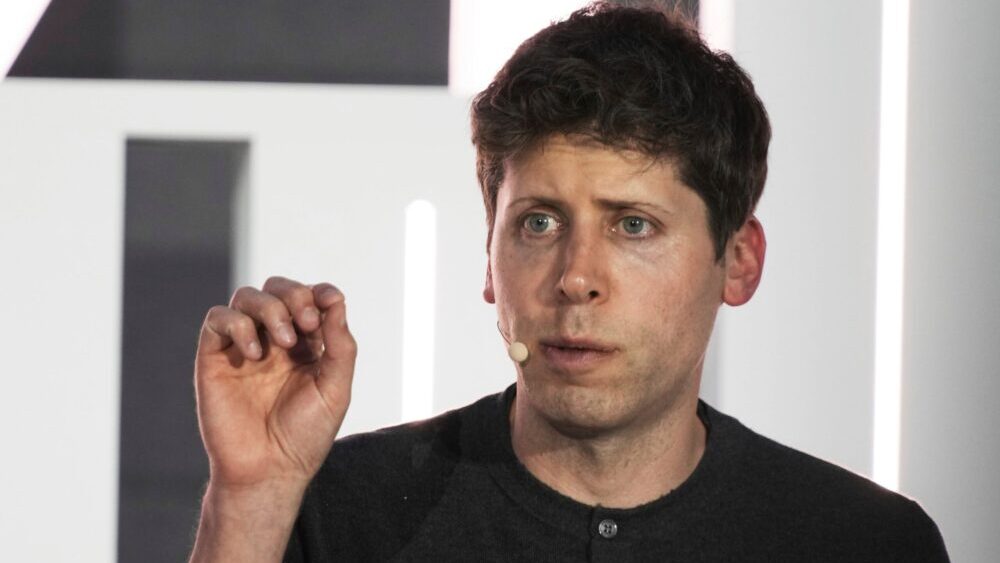Artificial General Intelligence, better known as AGI, is expected to be the next major evolution of AI technology. It is slated to be an AI powerful enough to reach human-level reasoning and understanding.
Industry leaders including Nvidia’s Jensen Huang and Microsoft’s Satya Nadella have often talked about AGI’s potential and expected launch date. But now Sam Altman, CEO and co-founder of OpenAI, the most prominent AI startup in the industry and maker of ChatGPT, has shared a highly detailed picture of what he expects from AGI.
Altman recently appeared on a podcast interview with YouTuber Lex Fridman, where he shared his honest thoughts on the topic. He is one of the most qualified people in the industry to comment on the matter having worked so closely on ChatGPT, which kickstarted the AI boom. Here is the full interview.
One of the most important questions asked on the topic of AGI was its expected launch date. Altman articulated a loose timeline, suggesting that AGI could potentially be ready by the end of the decade or even sooner, within 5 years.
While it is difficult to predict the precise skills it will excel at, Altman hopes that AGI will be advanced enough to accelerate scientific progress significantly, since that is where most global advancement comes from.
However, while being greatly ahead of its predecessors, AGI will not be able to answer highly complex questions such as the topic of alien life existing in the universe. This is because the AI will still be limited to its training data at that point.
But since AGI is deemed to be so powerful, Altman believes that no single person on the planet, not even himself, should have total control over the technology. He says that more robust governance systems are necessary before AGI becomes a reality.
Altman added that even OpenAI itself is an example of poor governance practices, citing his abrupt ouster and reinstatement to the company in November last year.
Lastly, he said that he is not worried about AGI being powerful enough to subvert human control, but OpenAI will have to work hard to make that possible.
Source: Lex Fridman






